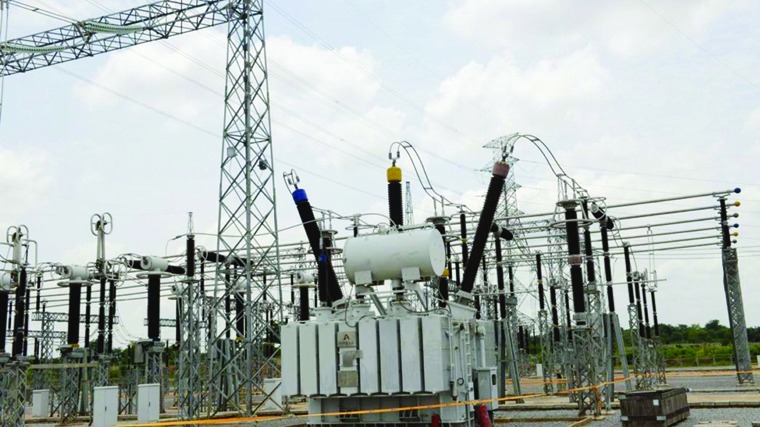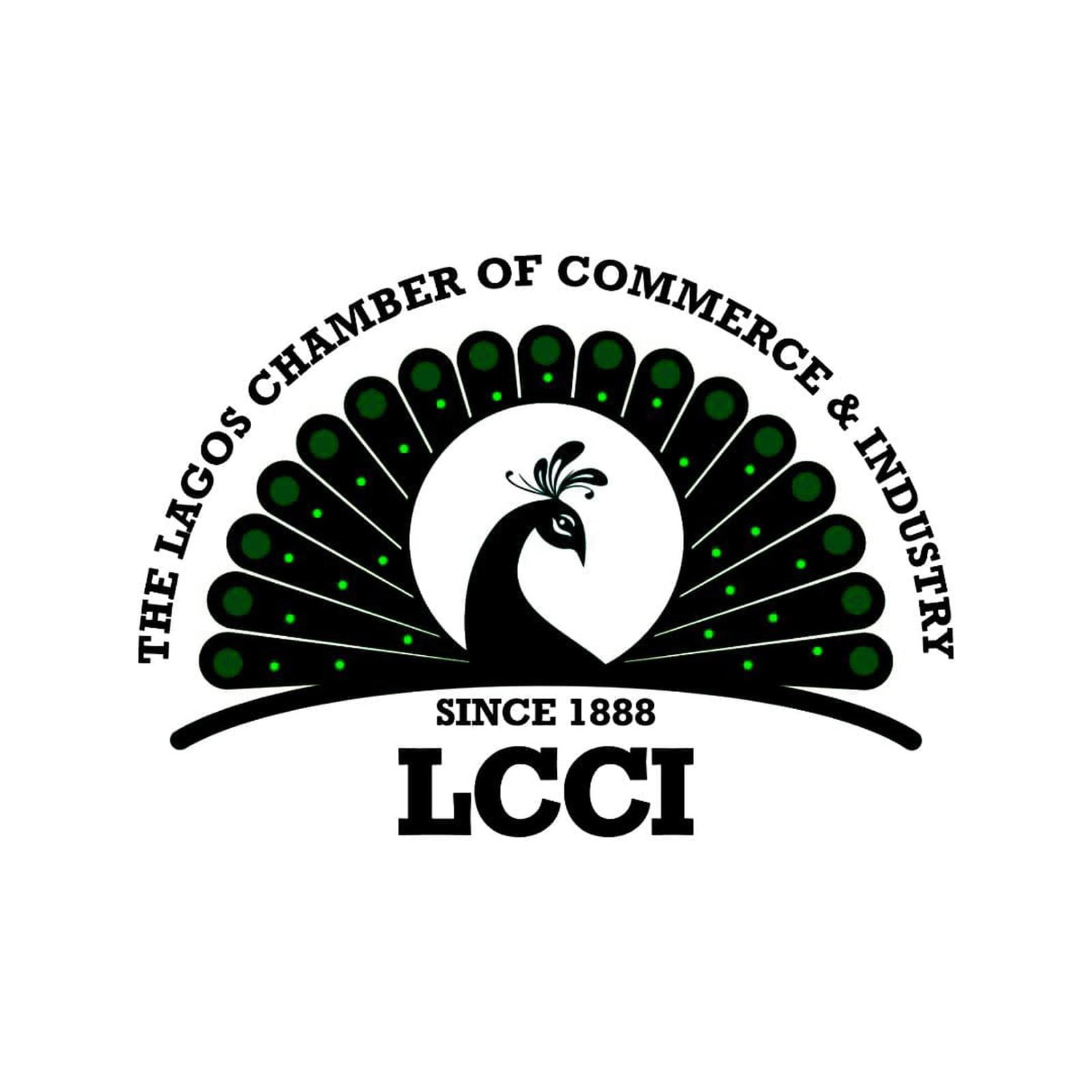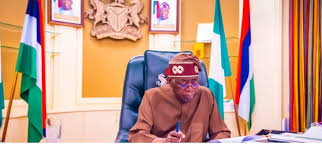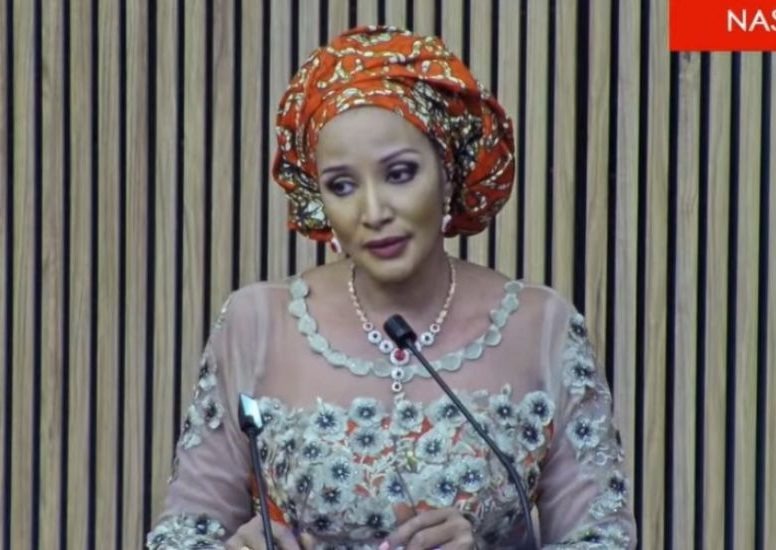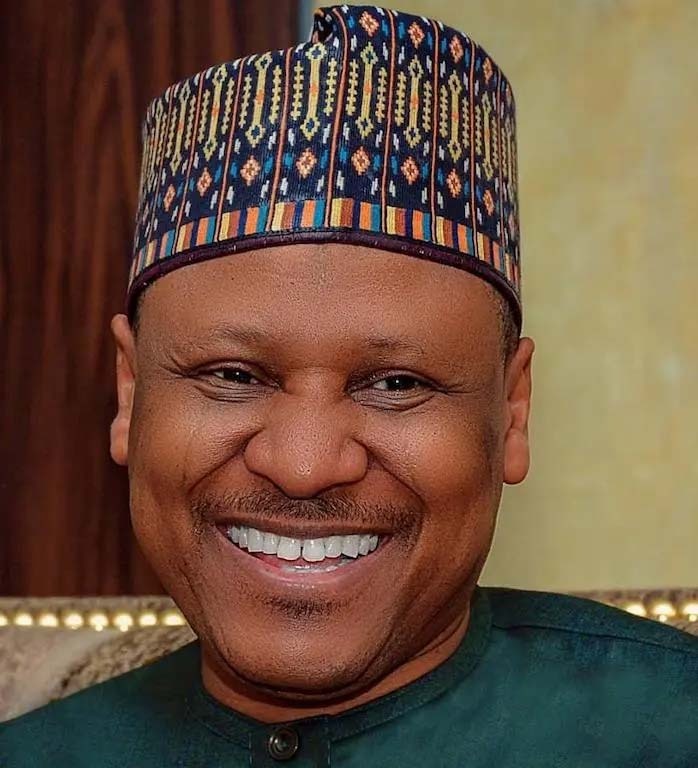The Transmission Company of Nigeria (TCN) has announced a new milestone in the country’s power sector, achieving a peak generation of 5,713.6 megawatts (MW) on March 2, 2025. This marks an increase of 170MW compared to the previous peak of 5,543.20MW recorded on February 14, 2025. However, it remains 88MW short of Nigeria’s all-time high …
